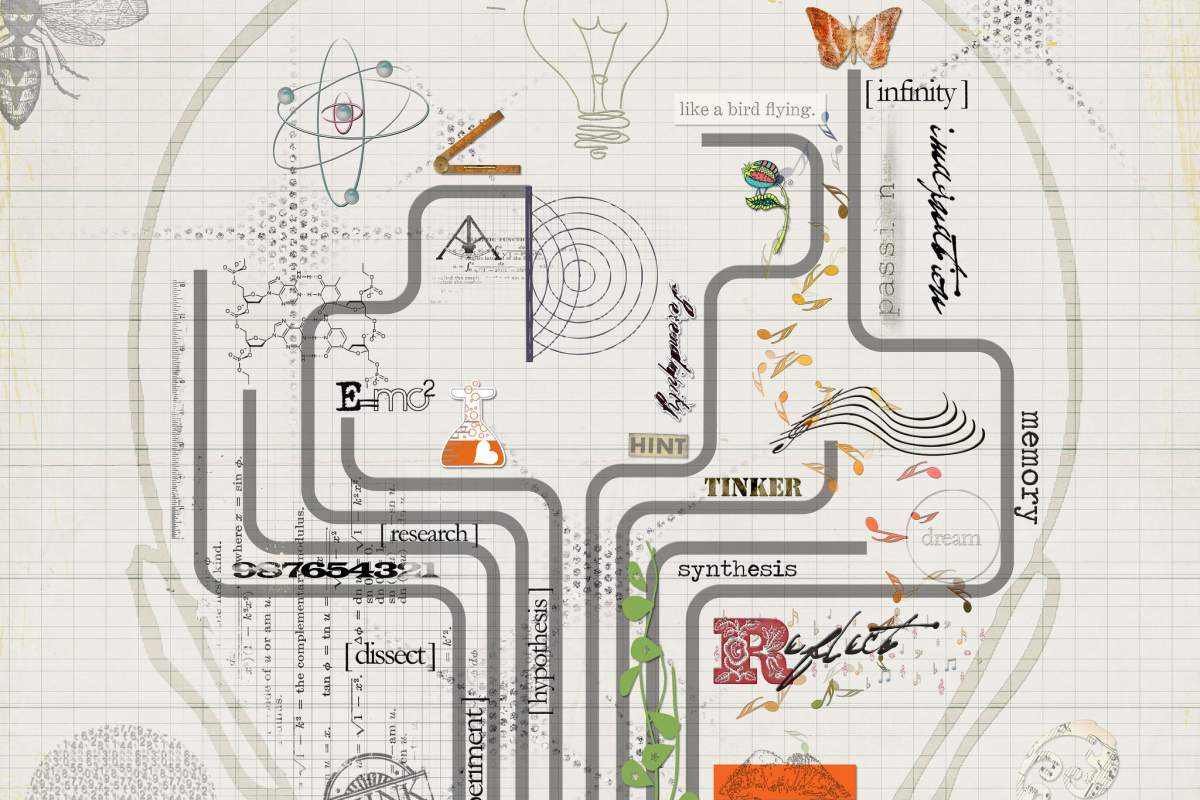
Why is it easier to read on paper than on a screen?
Traditionally printed books and digital formats both have their obvious advantages. A book doesn't need a battery or power source, while e‑books on tablets and other devices are space‑saving and easier to commute or travel with.
Many book‑lovers, however, swear by the traditional printed format they can hold in their hands. Is there something more to this than simple preference and nostalgia?
Cognitive scientists say yes. There are reasons someone's brain may prefer a printed book to a digital document, and one of them has to do with navigation.
It may seem easy to take the structure of printed books for granted: a front and back cover, a title page, the series of left and right‑hand pages, chapters or sections. But these details matter because our brains treat a book like a physical landscape.
When someone tries to find a specific passage in a book, often they remember its location on the page, for example, on the bottom left hand side. This is because human brains create a map of what is read.
While digital formats do have some markers to provide a sense of location, such as the scroll bar or page numbers, it doesn't have the same certainty of a book in hand.
One study in particular found that people sometimes have more trouble reading academic textbooks on a screen than on paper because digital formats are more difficult to navigate.
Thank you to Curtis Bonk of Indiana University for reviewing this episode.
Sources And Further Reading:
- Jabr, Ferris. "The Reading Brain in the Digital Age: The Science of Paper versus Screens." Scientific American. 11 April, 2013. https://www.scientificamerican.com/article/reading‑paper‑screens/ Accessed 1 March 2017.
- Li, Liang‑Yi, Gwo‑Dong Chen, and Sheng‑Jie Yang. "Construction of cognitive maps to improve e‑book reading and navigation." Computers & Education 60.1 (2013): 32‑39. Accessed 1 March 2017.









